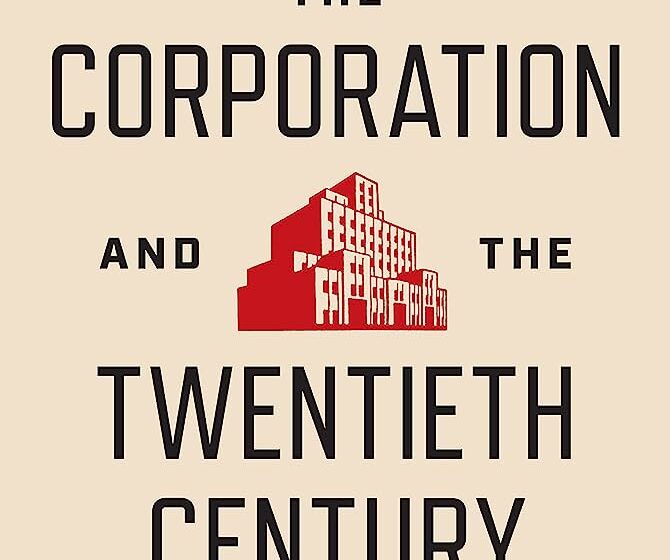A new book explores the evolving nature of the corporate organization in the 20th century, why managerialism became the dominant model, and why that has changed.
Key Details
American industry has transformed tremendously from the outside of the 20th century. Growing from the industrial revolution into the modern gig economy, the past century was one of managerial capitalism and completely reshaped the global economy from entrepreneurism to a workforce controlled by highly trained professional administrators.
However, this status quo has already begun to fade away, with the practice of managerialism already largely beginning to fade away by the end of the century. Globalization and rapid technological evolution have created new opportunities for entrepreneurism and shattered many of the old corporate empires of the last century.
Richard N. Langlois is a Professor of Economics at the University of Connecticut. In his new book The Corporation And the Twentieth Century: The History Of American Business Enterprise, he offers a new perspective on why the managerial era of industrial capitalism has begun to decline—arguing that managerialism thrived amid the disasters of world wars, depressions, and weakened institutions, the absence of which allowed market-supporting institutions to shift the economy in a more entrepreneurial and market-driven direction.
A Short Excerpt From the Book
“In my view, the larger managerial corporation arose not because of its inherent superiority for all times and places but because, in the late 19th and early 20th centuries, systematic technological change ran ahead of the ability of market-supporting institutions to create the necessary economic capabilities in a decentralized way. Administrative coordination is a second-based mode of resource allocation, albeit one that is often valuable and necessary. With growth in the extent of the market and the development of market-supporting institutions, align with technological change that took a far less systematic form, midcentury models of centralized planning became increasingly inappropriate at the end of the century,” says Langlois.
